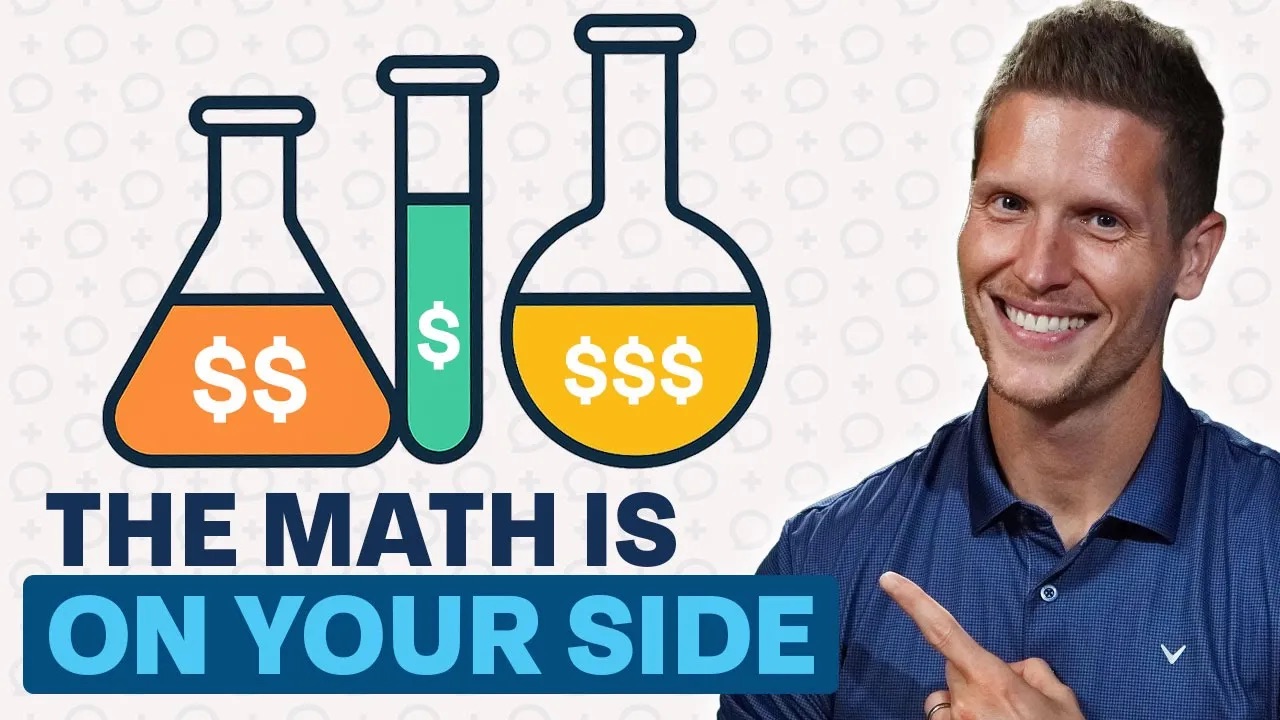Now, let's talk about the Next Generation race. We just talked about Gen Xers, now let's talk about the Baby Boomer generation. These are folks that are in their late 50s and beyond. Now, if you've listened to the show for any amount of time, you know that by the time you're getting to your 50s, by the time you're getting to financial independence, we want you to be debt-free. That's the goal. The goal is to be independent, not encumbered. And yet, a lot of these folks, the average baby boomer in this country, is not following that prescription. No, I mean, listen to these stats. I mean, when you look at this, you're going to do student loans, close to $44,000. It's wild to think about that. These are folks that are in their late 50s and beyond. On average, student loan outstanding balance, $44,000. Not good. And the average account age is 328 months. Remember, I've got the calculator, so you don't have to do the public math. 27 years. 27 years. That's—that's ridiculous.
Auto loans. Remember, this is boomers. You guys are approaching retirement. We're landing the airplane anytime now. Yeah, this thing's on fire. It's literally, so this is an emergency landing. It's not like this landing is smooth and everybody's eating their crackers and pretzels or whatever credit you know that they even give you on airlines anymore. No, this thing's a dumpster fire trying to land, and we all know dumpsters don't take the air very easily. So, keep going, keep going. When you look at the average mortgage balance for our baby boomers that carry a mortgage balance, it's still $188,000. And I—you know, I would like to see that number be so much lower because by the time you get to financial independence, we'd love for you to be debt-free. We'd love for you not to have a mortgage, not to have any other encumbrances. You still have almost $200,000 of mortgage debt.
And then this one, again, is heartbreaking. For all of the baby boomers that carry a credit card balance, the average credit card balance is just under $7,500. So, when you look at the balance sheet of the average baby boomer, both those who have debt and those who don't have debt, even at this age and stage of life, on average, they still have about $52,000 of debt on their balance sheet. The ideal, the goal, the horizon, the strategy you should be following should be to have no debt when you get to this stage of life.
Yeah, I mean, I'll just go ahead because we need to give you guys the concepts, the pitfalls to avoid. We're going to go through these because it's just, I shake my head and look, I'm not a boomer. I'm right underneath you, but people accuse me of being a boomer just because I am the old guy in the room on this. But it is one of those things where guys, mortgage debt, you're supposed to be unencumbered. Yep, freedom does not go with obligations, you know. That's what you're—you're when you're building financial freedom, you're hopefully doing life on your terms, the way you want, when you want, how you want. If you owe somebody something, that's the opposite. So, don't be—you know, don't take that lightly. You know that you're carrying so much mortgage debt, auto loans. I mean, I know it probably is sad to be in your 50s and have to go back to the Corolla or Civic, but I want you to take some tough love. You need somebody throwing the cold water at you at this point because you need reliable transportation, not impressing people.
People, because like I said, the dumpster's on fire, and it's not flying very well. We've got to make sure we're fixing this. And then, oh, credit card debt. Yeah, this one you just shouldn't have it, right? Like in, at this stage—I mean, you shouldn't have it at any stage of life, but at this stage of life, there is just no need for that. You have to figure out how do I get out of credit card debt. If you're using credit cards, that's fine. But if you have credit card debt, no way. You've got to get out of it. And if you said in your 40s, I think it's true in your 50s, if you are running debt, running a balance, carrying it over month over month in your 50s, you probably just shouldn't use credit cards. You should probably abandon them altogether because there's a very good chance that this is going to be something that follows you throughout the rest of your life if you don't nip it in the bud right now.
I don't mean to be the bad guy today, but it is one of those things. No, I mean, I think my, my boomer, this is my parents' generation. Credit card debt's around $7,500. We know that even when we do the case studies, typical for the country for people who carry a balance is right under $6,000. So, you guys, you're in your, your 50s and beyond, and yet you're still carrying more credit card debt than the average American. That's just—that's failure. Take a moment to self-reflect, find the discipline, get a hold, slap yourself around a little bit, not somebody else—yourself—and figure out how do you get this on track because this is something we talk about. But we talk about things that you can repeat to yourself, and there's never a bad time to start. But how your journey started does not define how it ends. For more information, check out our
free resources.













